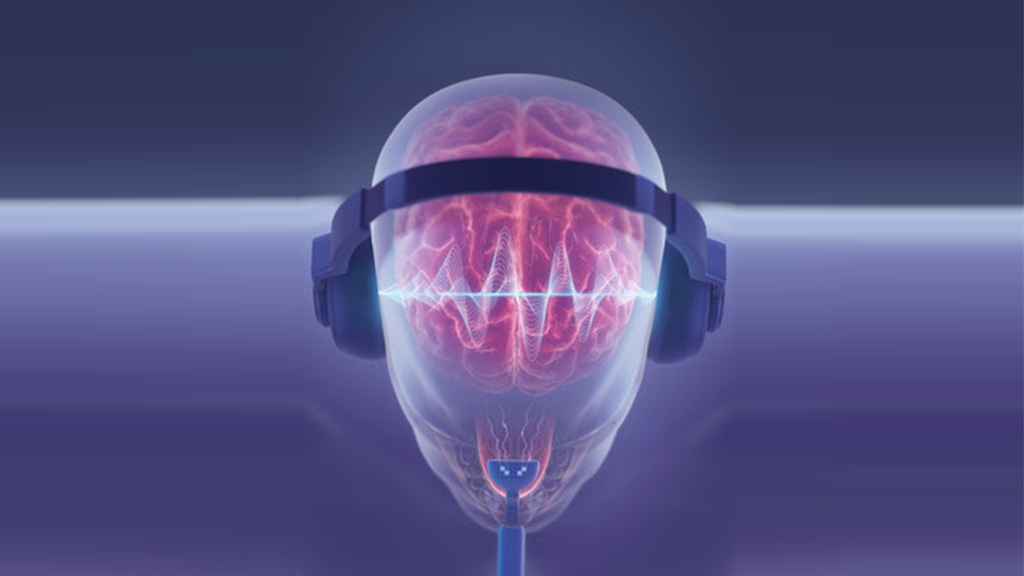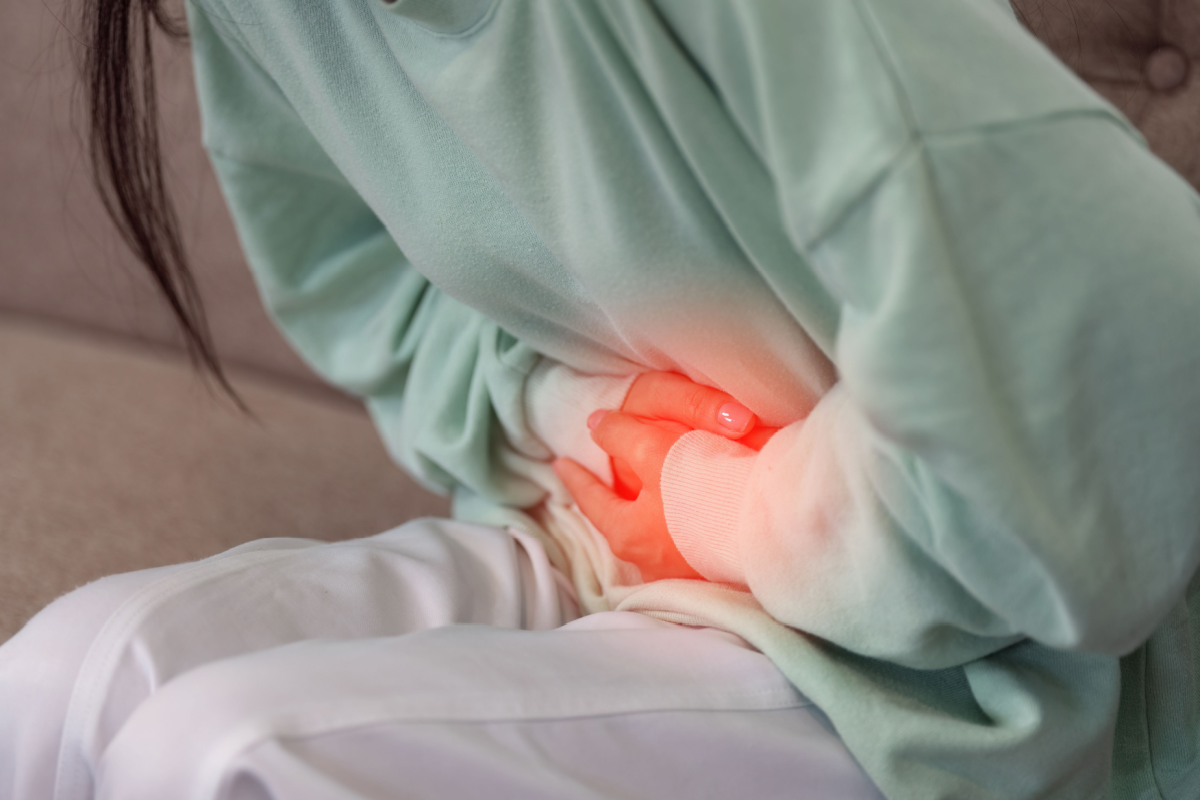Lenire is a non-invasive, bimodal neuromodulation device that works by using two paired stimuli to stimulate nerves for tinnitus treatment. Photo courtesy Neuromod Devices Ltd.
Tinnitus — frequently referred to as “ringing in the ears” — happens when no corresponding external sound exists. People with tinnitus may not only have the sensation of ringing in their head, but also other sounds like hissing, buzzing, whistling or chirping. Tinnitus is believed to impact between 10 to 15 percent of adults worldwide.
A common cause of tinnitus is from damage to the middle or inner ear which can alter the way the brain processes sound. Damage to the tiny bones in the middle ear or the eardrum can also prevent proper sound conduction. People who are regularly exposed to very loud sounds may develop tinnitus. There are also medical conditions that can contribute to ringing in the ears, such as age-related hearing loss, high blood pressure and high cholesterol.
The Ireland-based company Neuromod Devices Limited has announced positive results from a second large-scale clinical trial of their bimodal neuromodulation device Lenire® for the treatment of tinnitus. Neuromod published the results of their Treatment Evaluation of Neuromodulation for Tinnitus — Stage A2 (TENT-A2) clinical trial in the journal Scientific Reports.
“We’re delighted to announce the publication of positive results from the TENT-A2 clinical trial which show greater improvement in tinnitus symptoms from treatment with Lenire. Tinnitus remains one of the largest unmet clinical needs globally and I’m proud that Neuromod is at the forefront of developing bimodal neuromodulation technology to treat chronic tinnitus,” said Dr. Ross O’Neill, founding CEO of Neuromod in the company’s press release.
XTALKS WEBINAR: Why Medical Device QMS and UDI Data Quality Matters
Live and On-Demand: Thursday, August 11, 2022, at 11am EDT (4pm BST/UK)
Register for this free webinar to learn the main takeaways in the published information from the US FDA and experienced guidance from the Unique Device Identification (UDI) ‘go-to’ specialists. The featured speakers will discuss why implementing medical device Quality Management Systems (QMS) with downstream processes is critical for success.
Lenire for Neuromodulation
Lenire is a non-invasive, bimodal neuromodulation device that works by using two paired stimuli to stimulate nerves for tinnitus treatment. Lenire consists of Bluetooth® headphones that send sequences of audio sounds to both ears and the proprietary device Tonguetip® that delivers electrical stimulation pulses to the tongue’s surface.

The Lenire tinnitus treatment device being used by a patient. Photo courtesy of Neuromod Devices Ltd.
Lenire’s settings can be changed to provide treatment with various combinations of audio and electrical stimuli. Prior to using the device for the first time, Lenire’s tongue stimulation settings must be optimized to a patient’s sensitivity level and the device must be configured to their hearing profile. Every participant is trained to use a handheld controller to configure the intensity, timing and delivery of the stimuli before continuing their treatment from home.
Lenire received CE-mark certification in 2014 for the treatment of tinnitus under the supervision of a qualified healthcare professional in Europe. The device is commercially available throughout Europe.
Lenire’s Second Large-Scale Clinical Trial
Neuromod had previously assessed the safety and efficacy of Lenire in their TENT-A1 trial in 326 participants. The TENT-A1 trial was published in 2020 in the journal Science Translational Medicine.
The goal of the TENT-A2 trial was to further evaluate the use of Lenire for tinnitus treatment and to establish the credibility of bimodal neuromodulation for clinical use.
There were 191 participants in the TENT-A2 trial that used Lenire for one hour every day for 12 weeks, similar to the participants in the previous TENT-A1 trial. The difference between the two trials was that at week six, the participants in the TENT-A2 trial had the timing and delivery of the audio and tongue stimuli changed for the remaining six weeks of treatment. The participants in TENT-A1 used the same stimulation settings for the full 12 weeks of treatment.
The TENT-A2 study revealed that 95 percent of participants who followed the treatment protocol had a greater average reduction in tinnitus symptom severity compared to TENT-A1. In addition, 91 percent of treatment-compliant participants had an improvement that lasted 12 months after the treatment was finished.
In addition, 70.3 percent of participants in the TENT-A2 study said they had benefited from the treatment compared to 66.5 percent of participants in the TENT-A1 study. Also, 87.7 percent of participants in TENT-A2 would recommend the treatment to other people with tinnitus compared to 77.8 percent in the TENT-A1.
The most common adverse event reported in the TENT-A2 trial was increased tinnitus during or after the treatment period. Several unexpected adverse events were reported in the TENT-A2 study which included jaw pain and teeth sensitivity, but they were not serious adverse events. The Lenire device had a strong benefit-to-risk profile in both clinical studies.
Next Steps for Neuromod
Neuromod is currently recruiting participants for their TENT-A3 clinical trial to continue to evaluate the safety and efficacy of Lenire for tinnitus treatment. The multi-site TENT-A3 trial is in Belgium, Germany and Ireland. The aim of TENT-A3 is to determine if tongue stimulation added to sound stimulation results in clinically significant improvements in tinnitus symptoms compared to sound-only stimulation.












Join or login to leave a comment
JOIN LOGIN